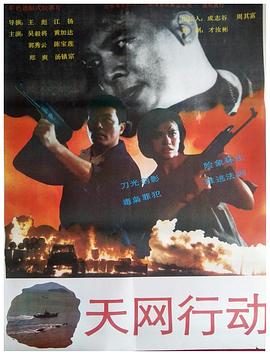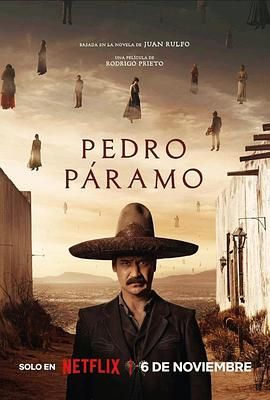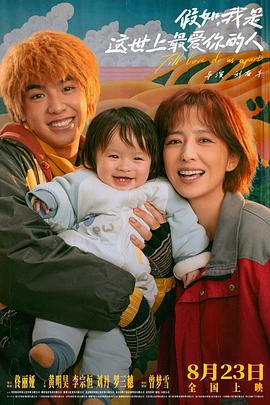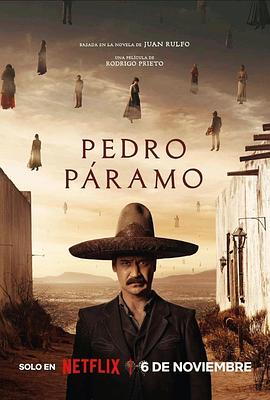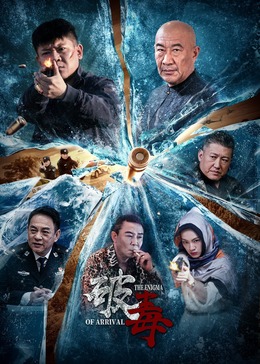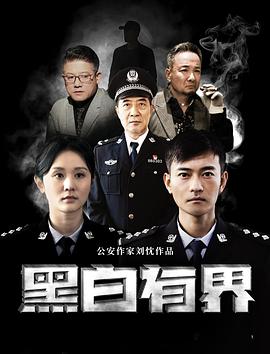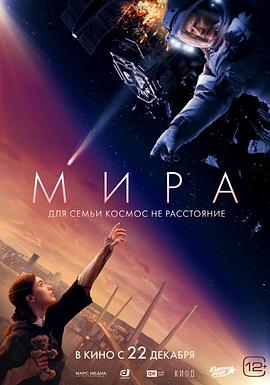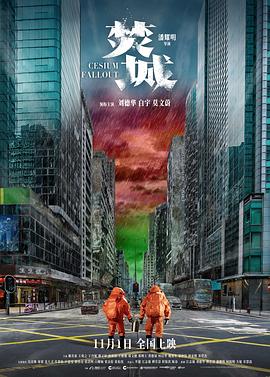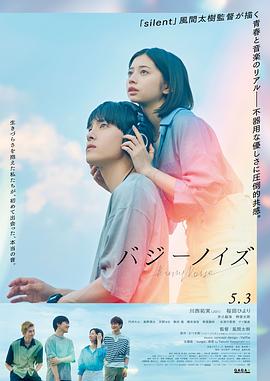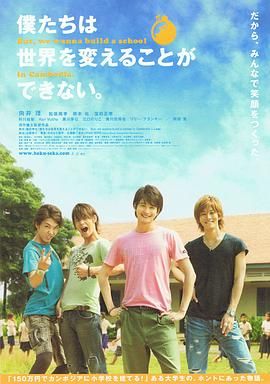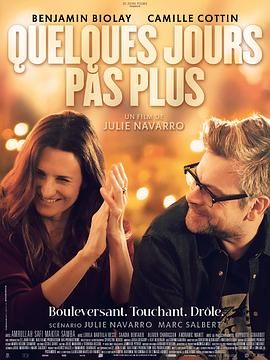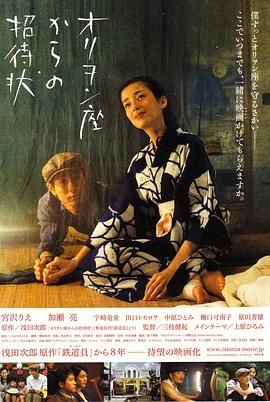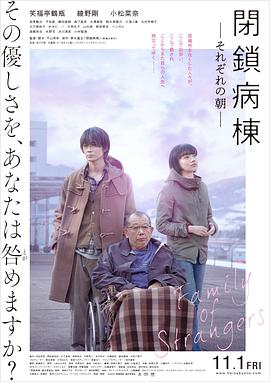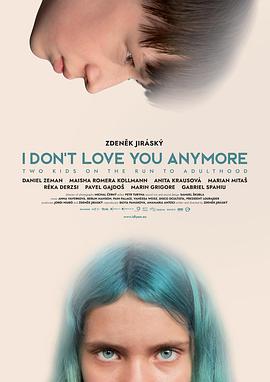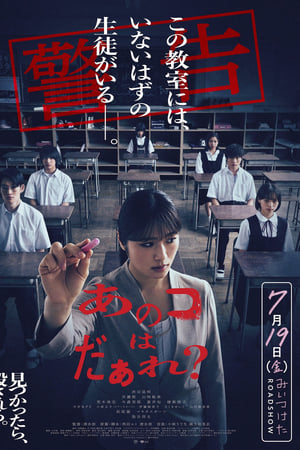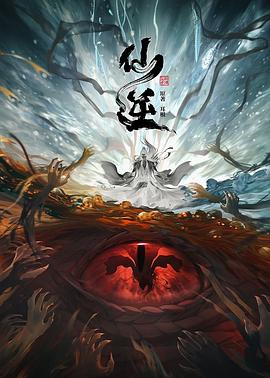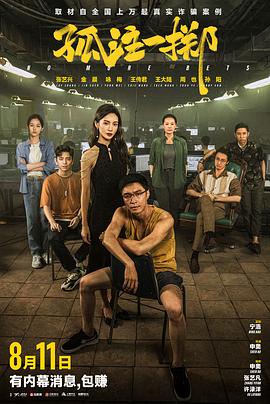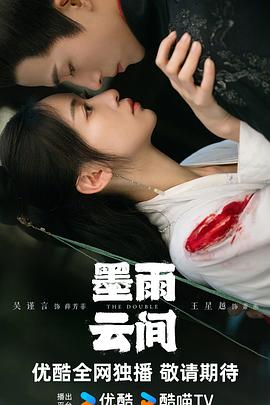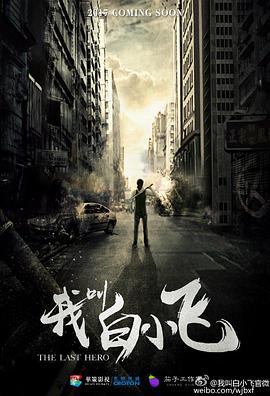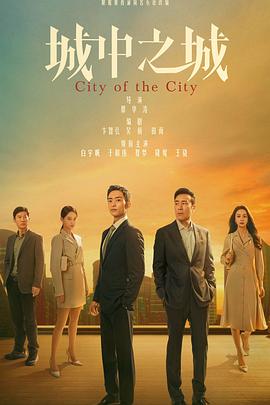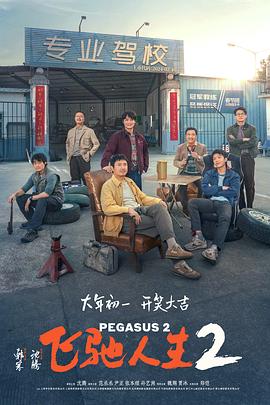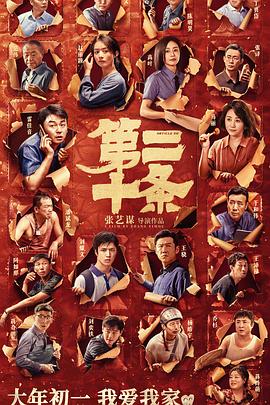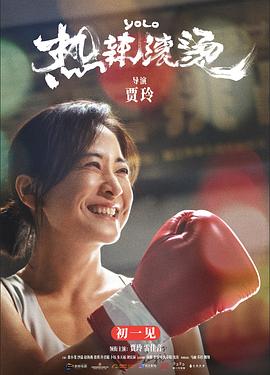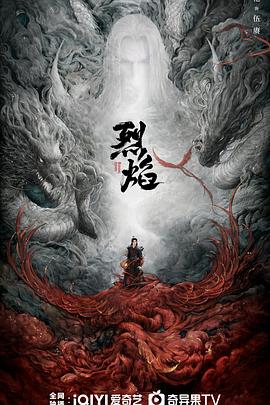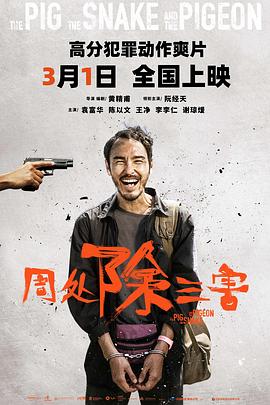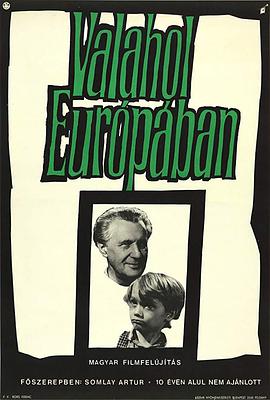
导演:
主演:
上映:
未知
备注:
DVD
TAG:
未知
剧情:
Somewhere in the remote region, the war ends. In the midst of ruined cities and houses in the streets, in rural hamlets, everywhere where people still live, are children who have lost their homes and parents. Abandoned, hungry, and in rags, defenseless and humiliated, they wander through the world. Hunger drives them. Little streams of orphans merge into a river which rushes forward and submerges everything in its path. The children do not know any feeling; they know only the world of their enemies. They fight, steal, struggle for a mouthful of food, and violence is merely a means to get it. A gang led by Cahoun finds a refuge in an abandoned castle and encounters an old composer who has voluntarily retired into solitude from a world of hatred, treason, and crime. How can they find a common ground, how can they become mutual friends? The castle becomes their hiding place but possibly it will also be their first home which they may organize and must defend. But even for this, the price will be very high. To this simple story, the journalist, writer, poet, scriptwriter, movie director, and film theoretician Béla Balázs applied many years of experience. He and the director Géza Radványi created a work which opened a new postwar chapter in Hungarian film. Surprisingly, this film has not lost any of its impact over the years, especially on a profound philosophical level. That is to say, it is not merely a movie about war; it is not important in what location and in what period of time it takes place. It is a story outside of time about the joyless fate of children who pay dearly for the cruel war games of adults. At the time it was premiered, the movie was enthusiastically received by the critics. The main roles were taken by streetwise boys of a children's group who created their roles improvisationally in close contact with a few professional actors, and in the children's acting their own fresh experience of war's turmoil appears to be reflected. At the same time, their performance fits admirably into the mosaic of a very complex movie language. Balázs's influence revealed itself, above all, in the introductory sequences: an air raid on an amusement park, seen in a montage of dramatic situations evoking the last spasms of war, where, undoubtedly, we discern the influence of classical Soviet cinematography. Shooting, the boy's escape, the locomotive's wheels, the shadows of soldiers with submachine guns, the sound of a whistle—the images are linked together in abrupt sequences in which varying shots and expressive sharp sounds are emphasized. A perfectly planned screenplay avoided all elements of sentimentality, time-worn stereotypes of wronged children, romanticism and cheap simplification. The authors succeeded in bridging the perilous dramatic abyss of the metamorphosis of a children's community. Their telling of the story (the scene of pillaging, the assault on the castle, etc) independently introduced some neorealist elements which, at that time, were being propagated in Italy by De Sica, Rossellini, and other film artists. The rebukes of contemporary critics, who called attention to "formalism for its own sake" have been forgotten. The masterly art of cameraman Barnabás Hegyi gives vitality to the poetic images. His angle shots of the children, his composition of scenes in the castle interior, are a living document of the times, and underline the atmosphere and the characters of the protagonists. The success of the picture was also enhanced by the musical art of composer Dénes Buday who, in tense situations, inserted the theme of the Marseilaise into the movie's structure, as a motive of community unification, as an expression of friendship and the possibility of understanding. Valahol Europaban is the first significant postwar Hungarian film. It originated in a relaxed atmosphere, replete with joy and euphoria, and it includes these elements in order to demonstrate the strength of humanism, tolerance, and friendship. It represents a general condemnation of war anywhere in the world, in any form. 收起
相关影片
1994
剧情片
大陆
HD
2024
剧情片
墨西哥
曼努埃尔·加西亚-鲁尔福 泰诺克·乌尔塔 伊尔丝·萨拉斯 Mayra Batalla Dolores Heredi 乔瓦娜·扎卡里亚斯 诺伊·埃尔南德斯 罗伯特·索萨 赫克托·科特思法基斯 Yoshira Escárrega
传奇摄影师罗德里戈·普列托(《花月杀手》)的电影处女作在一个看似废弃的墨西哥小镇展开,在这个小镇上,过去和现在迷人地共存,这是一个关于欲望、腐败和继承的迷人故事。
正片
2024
剧情片
中国大陆
HD
2024
剧情片
墨西哥
曼努埃尔·加西亚-鲁尔福 泰诺克·乌尔塔 伊尔丝·萨拉斯 Mayra Batalla Dolores Heredi 乔瓦娜·扎卡里亚斯 诺伊·埃尔南德斯 罗伯特·索萨 赫克托·科特思法基斯 Yoshira Escárrega
传奇摄影师罗德里戈·普列托(《花月杀手》)的电影处女作在一个看似废弃的墨西哥小镇展开,在这个小镇上,过去和现在迷人地共存,这是一个关于欲望、腐败和继承的迷人故事。
HD
2024
剧情片
中国大陆
HD
2024
剧情片
中国大陆
正片
2024
剧情片
中国大陆
HD
2022
剧情片
俄罗斯
15 岁的 Lera Arabova 和她的家人住在符拉迪沃斯托克市。莱拉的父亲已经在“米拉”空间站工作多年。他很久之前便与女儿失去了联系,现在只是手机里的一个声音。在这座城市被彗星的碎片夷为平地之后
正片
2024
剧情片
中国香港,中国大陆
TC
2024
剧情片
日本
HD
2011
剧情片
日本
正片
2024
剧情片
法国
正片
2007
剧情片
日本
正片
2019
剧情片
日本
HD
2023
剧情片
其它
13-year-old Marek shoots videos with social themes, making him an outsider among his classmates. A
HD
正在热播
更多已完结
2020
国产动漫
大陆
已完结
2023
剧情片
大陆
HD
2024
大陆综艺
大陆
已完结
2024
国产剧
大陆
已完结
2024
国产剧
中国大陆
已完结
2024
大陆综艺
大陆
已完结
2024
国产剧
大陆
张若昀 李沁 陈道明 吴刚 田雨 李小冉 俞飞鸿 袁泉 毛晓彤 郭麒麟 宋轶 辛芷蕾 宁理 刘端端 张昊唯 付辛博 高曙光 赵柯 于洋 李强 刘桦 佟梦实 郭子凡 金晨 王楚然 高露 王晓晨 隋俊波 归亚蕾 余皑磊 毕彦君 罗二羊 吴幸键 宣言 王庆祥 徐志胜 崔志刚 傅迦 姚安濂 秦焰 沈晓海 王同辉 冯兵 常铖 王建国 刘宇桥 冯恩鹤 赵振廷 董可飞 李俊贤 崔鹏 贾景晖 王天辰 代文雯 王成阳 张弛 左凌峰 刘同 张维伊 东靖川 杨彤 孙亦沐 于小鸣 魏炳桦 李珞桉
该剧改编自猫腻同名畅销小说,承接上季,范闲(张若昀 饰)率领使团回归途中,二皇子以费介、范思辙以及滕家遗孤的安危来威胁范闲,逼他向自己俯首称臣,二人的矛盾就此激发。范闲所面对的抱月楼迷局,以及接踵
已完结
2024
国产剧
大陆
第40集完结
2024
喜剧
大陆
正片
2024
国产剧
大陆
第37集完结
2024
喜剧
大陆
正片
2024
喜剧
大陆
正片
2024
国产剧
大陆
已完结
2024
国产剧
大陆
已完结

